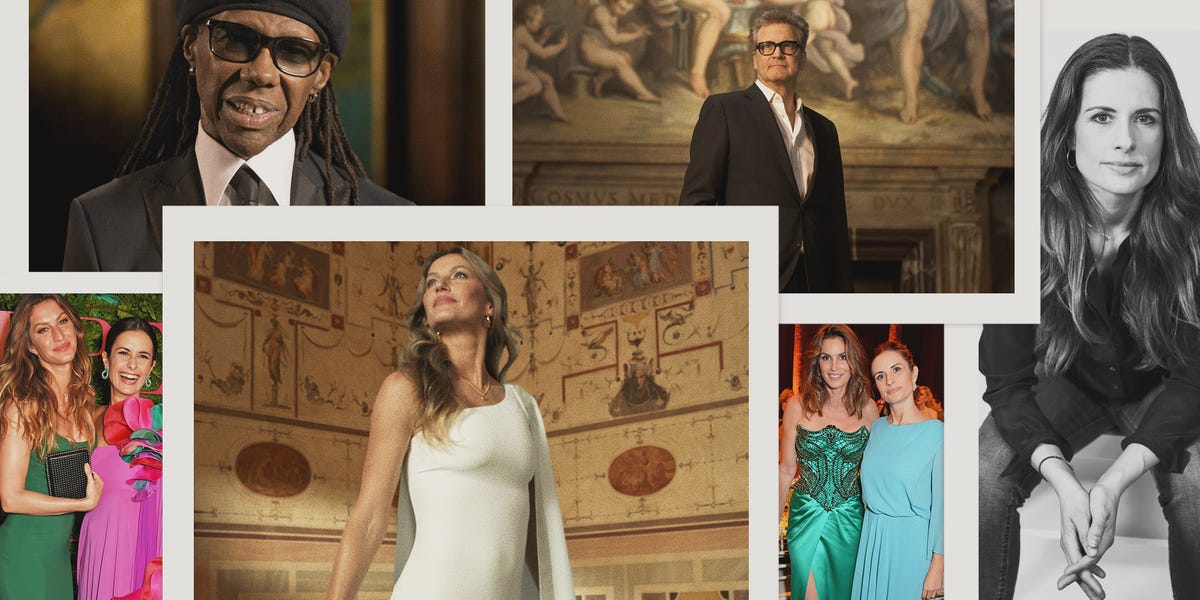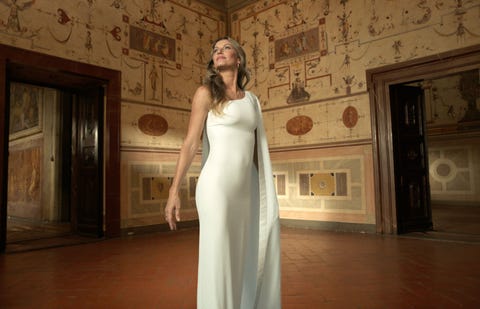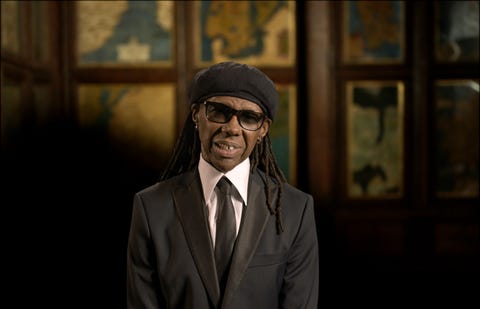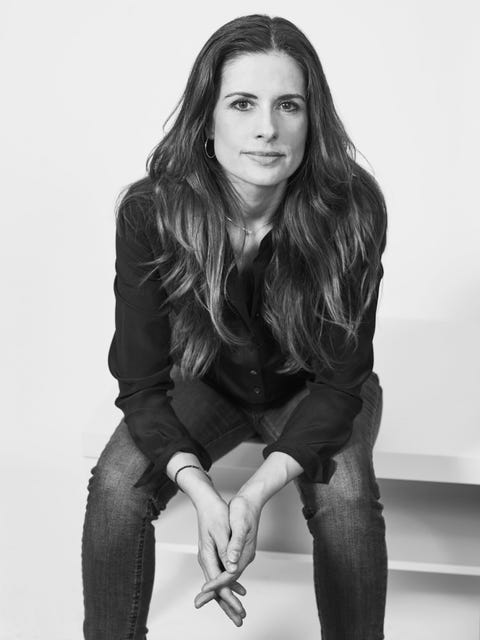Products You May Like
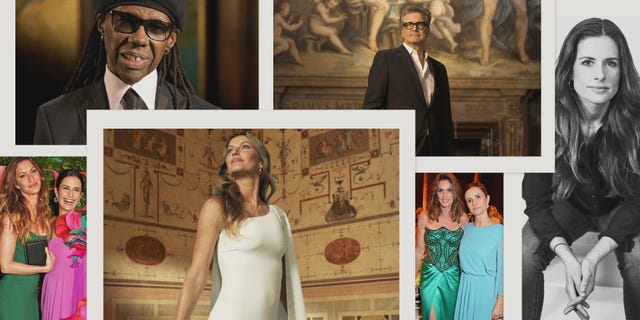
Courtesy of the subject; Getty Images
Style Points is a weekly column about how fashion intersects with the wider world.
This summer, when Livia Firth read the IPCC report declaring a “code red for humanity,” she found herself—like so many people—”depressed” by its findings. Firth is the co-founder and creative director of the sustainability consultancy Eco-Age. Since 2017, the group has hosted the annual Green Carpet Fashion Awards, honoring contributions to sustainable fashion and bestowing laurels on everyone from Zendaya to Tom Ford. But in light of the dire IPCC news, it felt like this year called for something different. (Especially after a friend, the environmental journalist Lucy Siegle, asked Firth, “What is the dress code for a code red?”) “It didn’t feel right to only focus on fashion and sustainable fashion,” this time around, Firth says.
In the wake of the UN report, “We were thinking, ‘What are we doing? We will never, ever, achieve this. We are all doomed.’ And then we thought, ‘Hold on a second. There are so many people that are doing the most incredible work,’ she explains. “So we thought, let’s put the Green Carpet Fashion Awards on hold for one year. Next year, we’ll come back. And this year, let’s shine a light on, and give the microphone to, the people who are actually working on the solutions.” She thought about the flowering of scientific and artistic ideas in Italy that brought young geniuses like Leonardo da Vinci and Michelangelo to the world stage. From there came the idea for the Renaissance Awards, which will spotlight young sustainability standouts from all over the world—in fields ranging from agriculture to anti-plastic innovation.
Appropriately enough, this edition of the Renaissance will also take place in Florence. Eco-Age partnered with the president of Tuscany, Eugenio Giani, and the city’s mayor, Dario Nardella, on the undertaking. The awards ceremony is taking the form of a movie, filmed inside the Palazzo Vecchio. The star power seen at the Green Carpet Fashion Awards will remain undimmed; thanks to the magic of green screens and augmented reality, presenters will include Gisele Bündchen, Colin Firth and Nile Rodgers, whose We Are Family Foundation helped identify candidates for the awards. The prizes themselves will be fashion’s latest favorite accessory, NFT’s; Eco-Age was careful to work with a company, Cardano, which bills itself as a sustainable and ethical cryptocurrency firm. And fashion will still be a big part of the festivities; the group is partnering with Instagram on a virtual green carpet that promises to include celebrities, influencers, and artists in their eco-friendly finest. (The ceremony takes place on October 11th and will air on Sky TV and other global platforms on the 18th.)
While the honorees’ fields might not seem to have much to do with fashion at first glance, Firth points out that everything from regenerative farming to the elimination of plastics ties into the industry in some way. “At Eco-Age, we always use fashion as a lens through which to look at the issues of the world,” she says. “It’s a full-spectrum industry.”
Speaking of that full-spectrum industry for a second: Firth, who has been a sharp critic of the fashion business’s greenwashing, believes that the sustainability promises we saw early in the pandemic have largely gone unfulfilled. “I feel that fashion [forgets] as quickly as their new collection comes out,” she says. “Ultimately, the only language that fashion understands is profit.” While she appreciates some recent vintage-centric projects, singling out the Gucci Vault for praise, she notes that fashion is “the only industry that is completely unregulated,” and designers’ and brands’ promises to self-govern only go so far.
“How, apart from showing commitments and guidelines, are they going to regulate the fashion industry?” she asks. “We can do so much with the creativity and ingenuity that fashion is famous for. So where is all that energy? Why aren’t we redirecting it towards making sure that we still have clothes to wear in a couple of years’ time, because we may not? I think this is why the fashion industry needs a little bit of a shakeup…It needs to be more of a systemic shock and readjustment. During COVID, a lot of people started talking about it: ‘Oh, we need to slow down, blah, blah, blah.’ They’re all beautiful words, but where are the actions?”
This content is created and maintained by a third party, and imported onto this page to help users provide their email addresses. You may be able to find more information about this and similar content at piano.io
